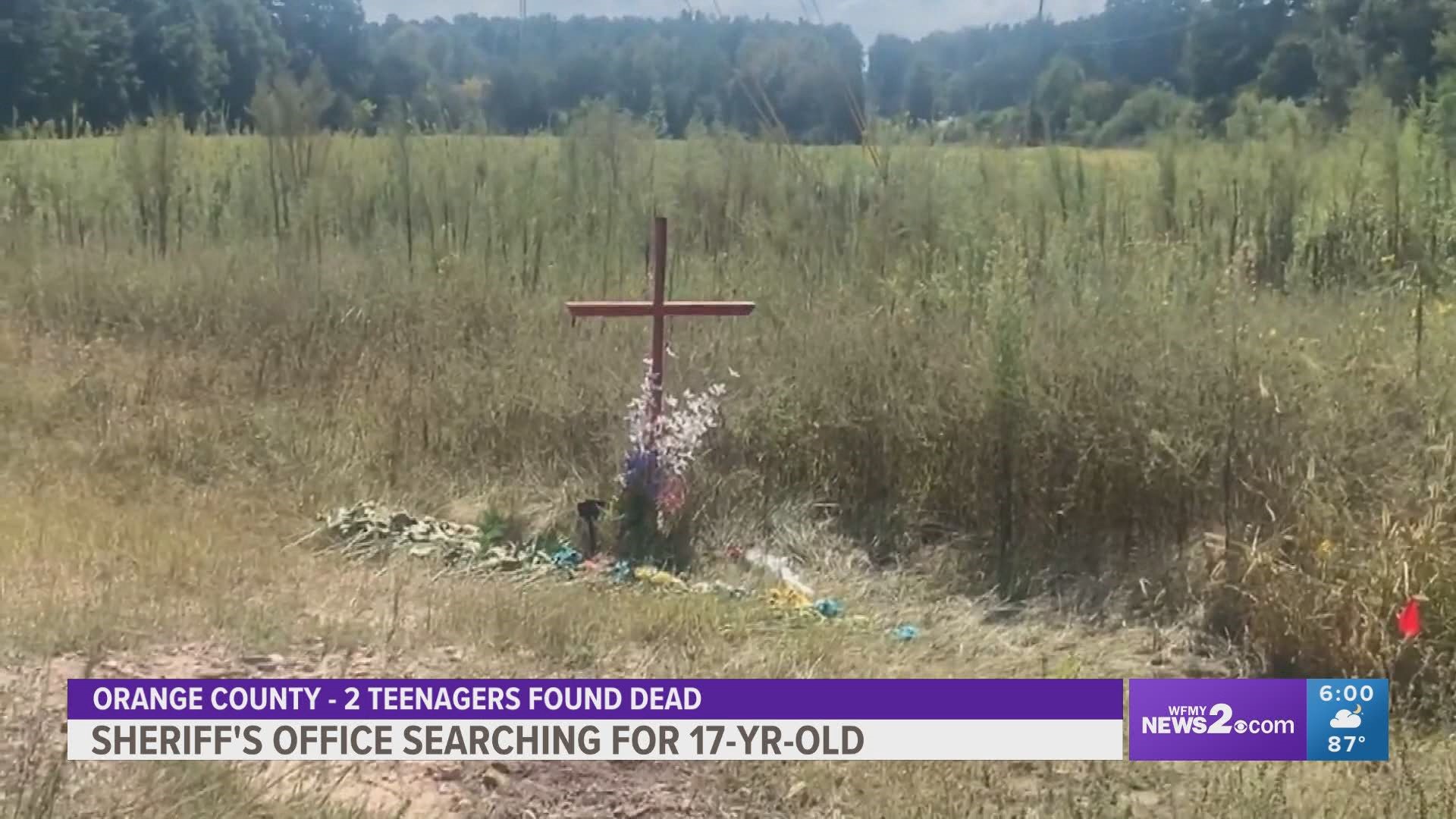HILLSBOROUGH, N.C. — Orange County deputies are still searching for a 17-year-old who is facing first-degree murder charges in the death of two teens.
The bodies of 18-year-old Devin Clark and 14-year-old Lyric Woods were found Sunday off Buck Horn Road in Hillsborough.
Deputies are seeking a juvenile petition against the suspect.
A juvenile petition is like an arrest warrant for someone younger than 18.
A law changed back in 2019 that says 16 and 17-year-olds will go through juvenile court first for any crime they commit and then if need be, they can transfer to adult court based on the crime committed.
"In North Carolina, anytime you have a child that is from the age of 13 up to 17 and 364 days old, any case that you have, it doesn’t matter if it’s first-degree murder or misdemeanors, all cases will start in juvenile court,“ said Juvenile matters attorney, Peter Lamm.
Orange county district attorney, Jeff Nieman explains why that's the case.
"I think the general legislative intent was to reduce the criminalization of children so that when people are under 18 are accused of committing offenses they can still accountability, restitution, punishment, when necessary treatment, and rehabilitation but without causing all of the collateral consequences of somebody having an adult criminal record because juvenile records are essentially sealed and not public," Nieman said.
The bodies of 18-year-old Clark and 14-year-old Woods were both found Sunday with multiple gunshot wounds.
Now, even though the 17-year-old suspect won’t automatically be charged in the adult criminal justice system, it is likely that the teen will end up being tried as an adult.
That is up to the District Attorney after the juvenile is in custody.
"It’s up to the DA whether or not we go to either a district court judge or a grand jury to seek probable cause or indictment. Those two entities have the authority to say we don’t have probable cause for a crime, but the decision as a policy matter on individual cases as to whether we are going to prosecute in adult court really initiates with us and the only check on that is whether or not one of those two bodies says you don’t have enough evidence," Nieman said.
Lamm explains what happens after the teen is in custody. "Shortly there afterward there will also be a transfer hearing, assuming that this case where a very serious offense, during that hearing if it is a class D felony or above at that point, the district court judge in court will sign an order transferring the case to adult Superior Court."
We are still waiting for the medical examiner's report and the suspect is not in custody at this time.

